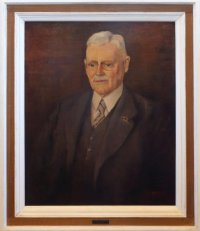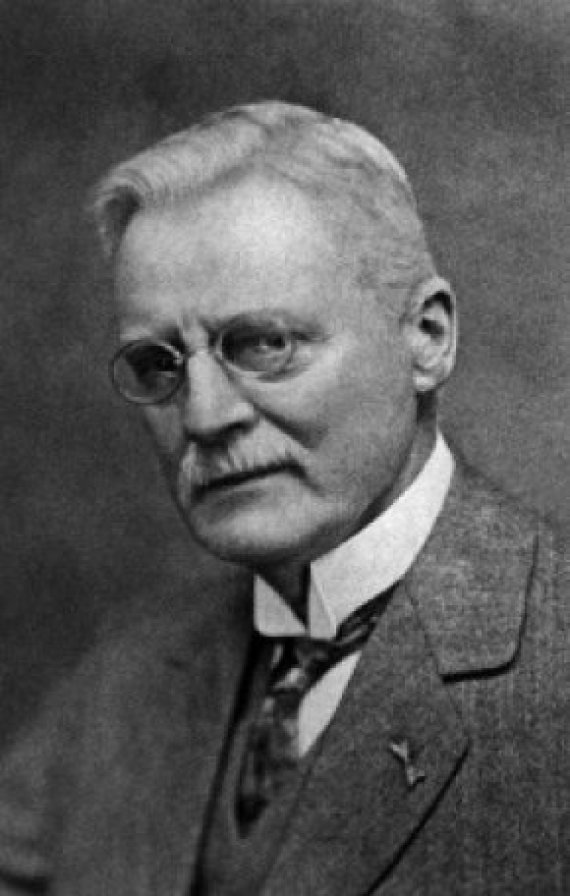The GGI will focus on fundamental research into protein quality, personal nutrition and less processed food, explains nutrition professor Edith Feskens. ‘The idea is to remove the barriers between disciplines and to be more visible for the outside world. We need more sharing and collaboration.’
We want to remove barriers and be more visible
The initiative is named after Gerrit Grijns (1864-1944), the Wageningen professor of Animal Physiology who is seen as the founding father of the modern study of vitamins. He was a professor in Wageningen from 1921 to 1935 and was also rector magnificus for a year. Grijns missed out on a Nobel Prize in Medicine in 1929 for his work on vitamins. Instead, the prize went to his Utrecht colleague and mentor Christiaan Eijkman, among others.

Feskens is one of the people heading the initiative, along with Vincenzo Fogliano (Food Quality Design) and Wouter Hendriks (Animal Nutrition). The new collaborative venture is deliberately not being called an institute. Wageningen University does not have institutes, says Feskens. ‘And it is not an organization with its own separate building. We want to keep it lean and mean, to set up a structure in which you get to know one another better in line with the One Wageningen philosophy.’
So far, 30 professors have joined the GGI. According to Feskens, the idea is to use money from WUR, the two departments (ASG and AFSG) and the affiliated chair groups to invest in PhD projects aimed at collaboration. ‘In addition, professors will be developing research projects together and applying for funding for them. The collaboration should be a bottom-up process.’
The GGI officially started on Wednesday 8 May. It will be presented to the general public and the private sector in the autumn in a symposium.

 The new collaborative venture is named after professor of Animal Physiology Gerrit Grijns (1864-1944).
The new collaborative venture is named after professor of Animal Physiology Gerrit Grijns (1864-1944).